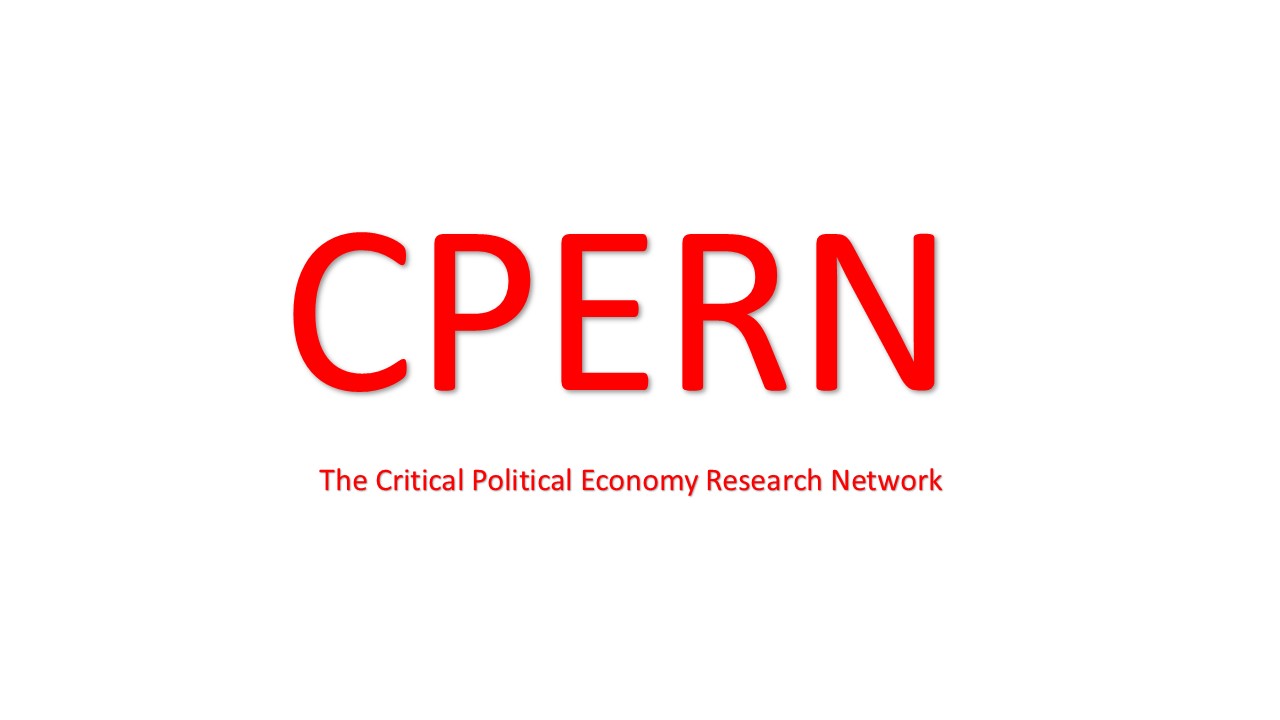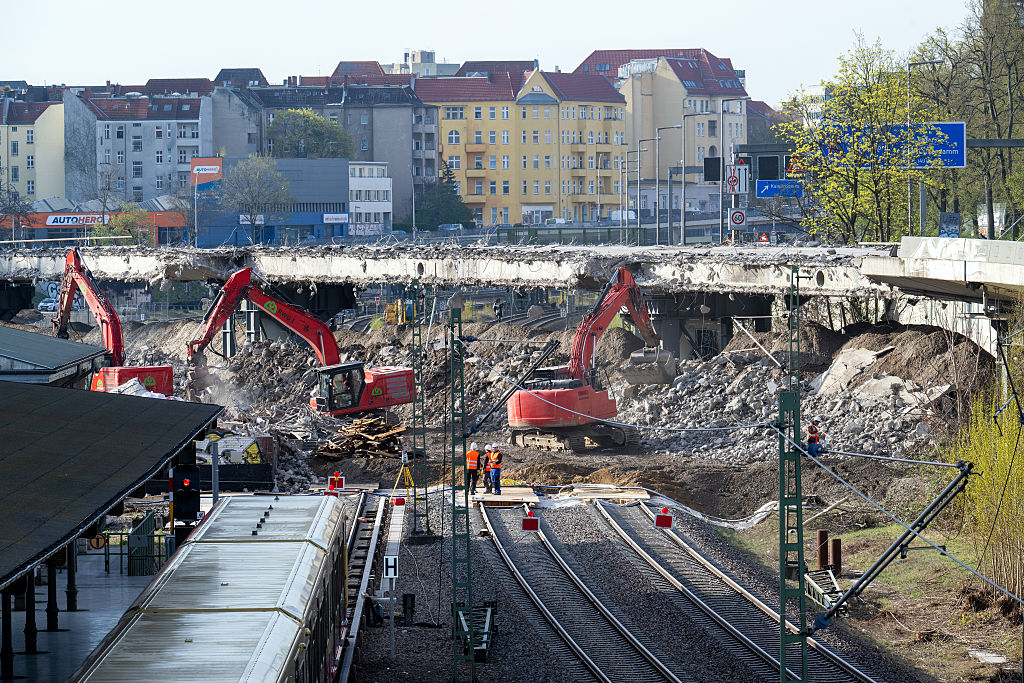Detaching ‘neoliberalism’ from ‘free markets’: monopolistic corporations as neoliberalism’s ideal market form
Join our upcoming online workshop on Thursday, 26 March at 6pm CET about Ian Bruff’s recent article! On zoom, register here: https://bham-ac-uk.zoom.us/meeting/register/jLSVzvWIQzaK8xHJ8suw-g Speaker: Ian Bruff is a Senior Lecturer in…


